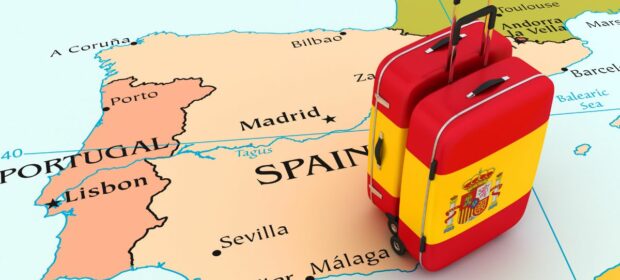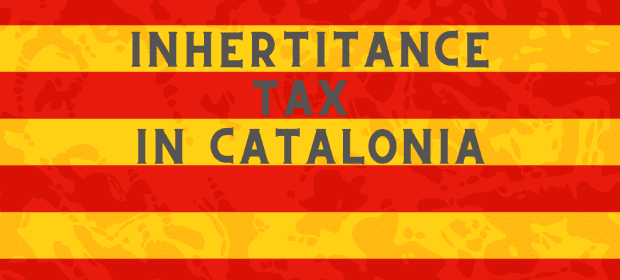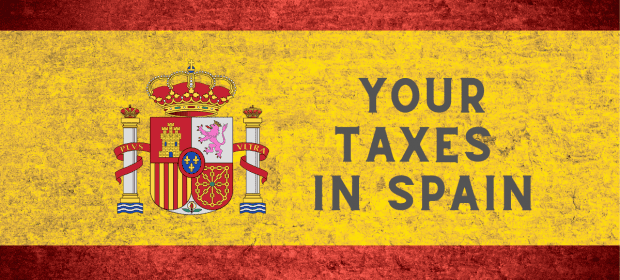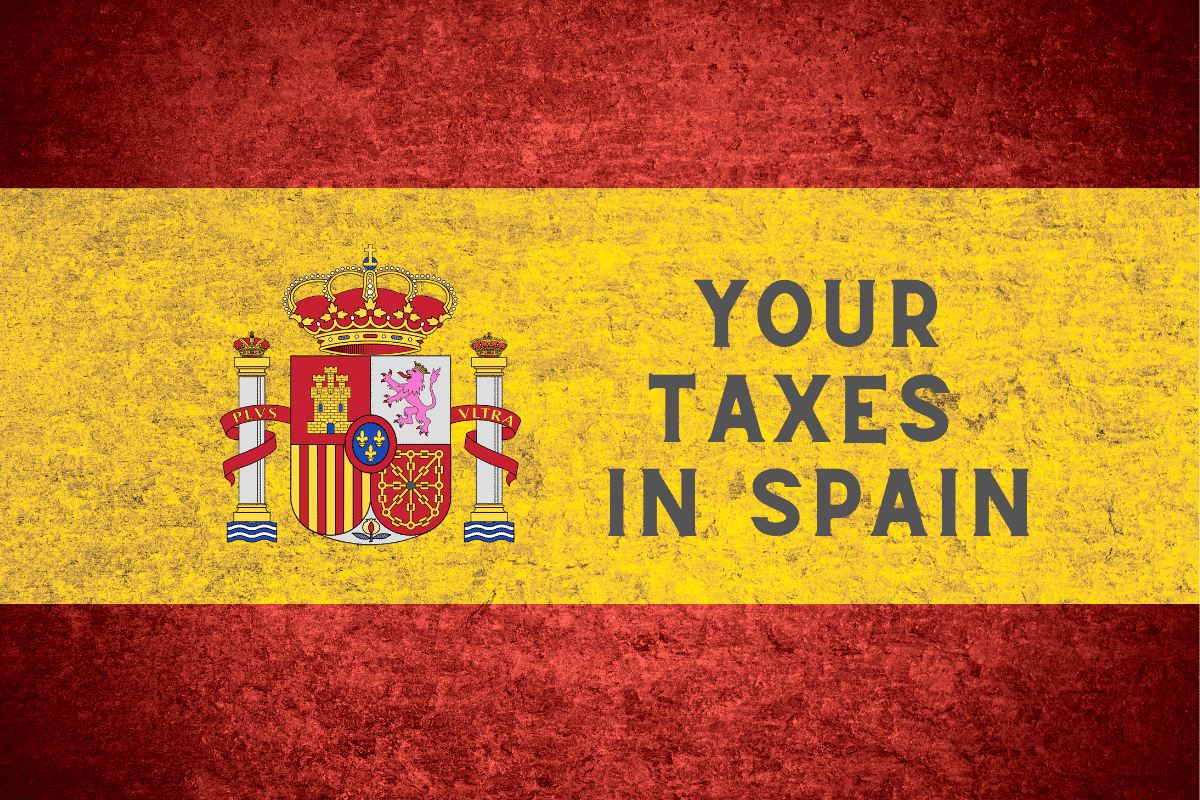by Jannah Britt-Green
It might seem obvious to some, but when it comes to the genuine benefits of having a financial adviser, many people are still in the dark. Some people hold certain ideas or common misconceptions, which hinder them from receiving valuable advice and help with managing their financial life. Namely, people struggle to trust someone else with their money and they believe they will have to pay the financial adviser for their services.
When it comes to trusting someone else with our money and investments, yes – it is a chance we’re each taking. But if you find a good financial adviser, you can trust that they sincerely have your best interests at heart, because they will only gain if you gain. They are educated and experienced at helping clients to come up with an effective plan – a financial philosophy if you like – for choosing wisely and preparing for tomorrow. They also have the objectivity we lack when trying to make financial decisions. They aren’t bound by the emotional ties we have with our money and they understand the complexities of mortgages, investments taxes and laws, so they can help us make better informed decisions without so much stress.
Then comes the assumption that we will have to pay a financial adviser. This is most likely due to the fact that no one believes any good service – especially one wherein you could make money – could possibly come without a price tag. Not only is this untrue, but having a financial adviser can actually SAVE money. This is because financial advisers don’t make money from their clients directly. Instead, they get a cut from the insurance / investment / mortgage companies for bringing your business to them. Even better is that, due to the relationship the financial advisors build with these financial institutions, they by and large get a better deal than clients would receive if they were to try to get the same service on their own. I have tried and tested this out myself by looking into getting the same insurance through the same company on my own and found that I could not find the same deal that my financial adviser was getting me. From this point on, I was convinced.
Recently I interviewed IFA Chris Burke, an experienced financial adviser who has been living in Spain over the past decade, to ask him what he believes are the main ways he has helped and continues to benefit his clients.
The Truth
Like any profession, we as Financial Advisers know what works and what doesn’t, and how well it works. To be a good financial adviser, you have to ask yourself, ‘Is this what I would do?’ or maybe even more telling, ‘Is this what I would recommend my mum to do?’
Honesty
Always tell the truth, even if that means telling them we can’t benefit them at that time. I will always use my experience to help people make the best decisions for them and help them do it, if they desire my services. What we do isn’t for everyone and their circumstances, but it might be one day.
Good Tips/Hints/Advice
People usually come to me for a meeting to see how I might be able to help them, but if occasionally someone isn’t sure whether it’s worth the visit, I will always confirm ‘You will take something beneficial from the meeting; knowledge, advice or a good contact; like a recommended Tax Adviser, or how to top up your UK National Insurance contributions at a discount, there is always something’. And you can continue to receive my advice, free of charge, by subscribing to my newsletter: Chris Burkes Newsletter
Grow Clients Monies/Pensions
If it’s not working, most clients won’t stay with you for long, especially if other solutions/the stock markets are indicating it should be working. Therefore, we continually keep up/outperform these as much as we can. We as advisers invest our monies/pensions where we recommend clients to, which for me is the biggest testimony.
Ongoing Advice/Knowledge
There is no point in having a ‘leaky bucket’, that is to say making client’s money grow but not optimising their tax situation. We are always informing, giving our clients knowledge on the best way to mitigate this and who can help them do it.
Due Diligence
We don’t always get it right, but listening to the experts whom we hold in high regard helps us to get it ‘more right than most’. And we are continually reviewing solutions to find new ways to help clients more.





















